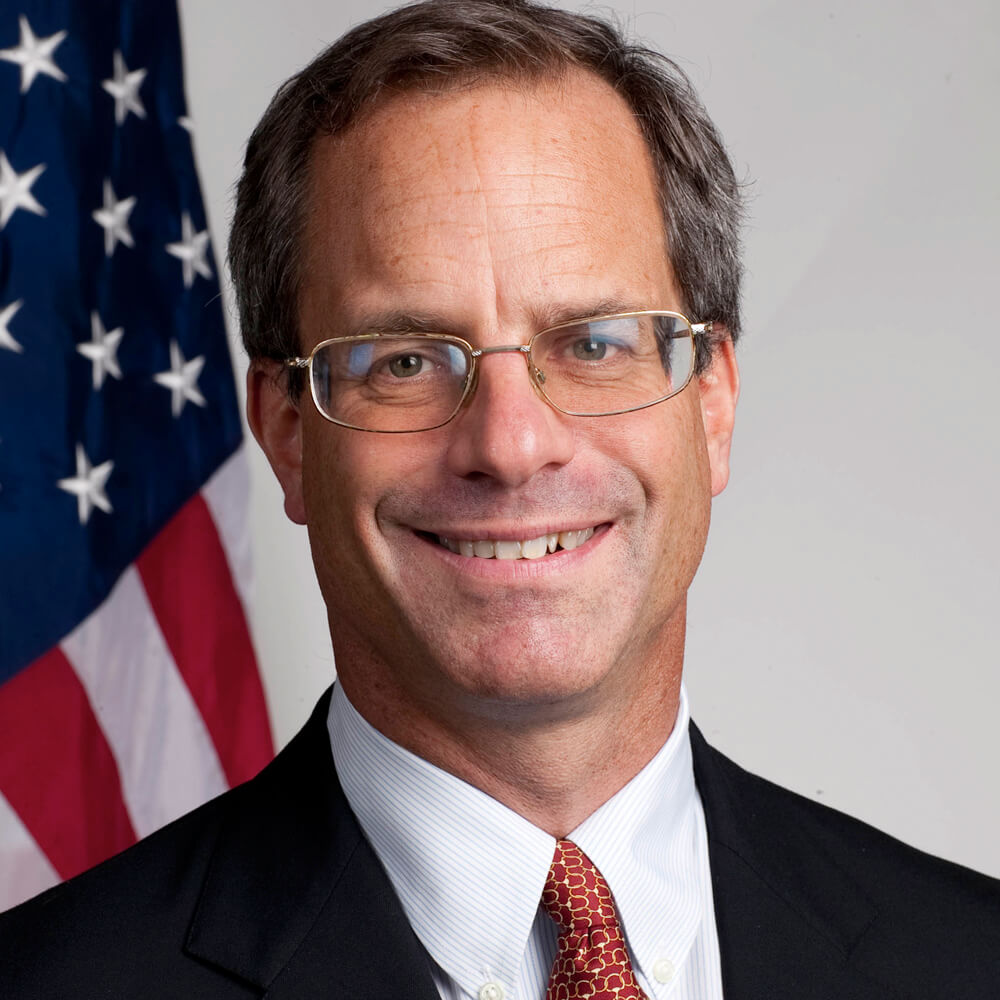Should the Leading Online Tech Companies Be Regulated as Public Utilities?
Should the leading online tech companies be regulated as public utilities? Maybe so, according to White House advisor Steve Bannon. His basic argument, according to The Intercept, “is that Facebook and Google have become effectively a necessity in contemporary life.” Thus far, the tech sector and Washington think-tank crowd have not grappled with that possibility in much depth, if at all.
Published by The Lawfare Institute
in Cooperation With

Should the leading online tech companies be regulated as public utilities? Maybe so, according to White House advisor Steve Bannon. His basic argument, according to The Intercept, “is that Facebook and Google have become effectively a necessity in contemporary life.” Thus far, the tech sector and Washington think-tank crowd have not grappled with that possibility in much depth, if at all. This post will provide a look at some reasons that leading tech companies today resemble sectors traditionally subjected to public utility regulation, and then consider some strong critiques of such a regulatory approach.
Historically, utility regulation has been more prominent where we see: (1) high market share; (2) a service that is vital for consumers; (3) a “natural monopoly”; and (4) barriers to exit by consumers. For the first factor, one can debate which market measurements to use, but Facebook and Google are unquestionably large. Both have billions of users globally. Google has about an 88 percent market share globally for search, and Facebook now reaches about 89 percent of U.S. Internet users. As to the second, online services are perhaps not quite as vital to daily life as electricity, but Bannon is likely correct to say that services such as search, navigation, and social networks are “effectively a necessity of modern life.”
The third factor appears more complicated; at first glance, tech companies are not a great fit with the traditional concept of natural monopoly, which economist William Baumol defined as an “industry in which multi-firm production is more costly than production by a monopoly." Traditional utility regulation focused on sectors such as electricity, telephone, and cable: high capital costs to entering those markets meant it usually made no economic sense to build a duplicative set of power, phone, or cable lines to the home. For online services, by contrast, the cost of creating a new web site is trivially small, so new social networks can easily begin with an innovative approach and instantly get to the users’ home or mobile device. However, a network becomes more valuable as more people join—a concept called a “network effect.” Network effects can readily exist for social networks, “with sites like Twitter and Facebook increasing in value to each member as more users join.” Strong network effects can create costly if not impossible conditions for new entrants seeking to compete with the market leader.
Lastly, as for barriers to exit for consumers, the government applied traditional utility regulation when consumers had no easy way to cut themselves off from a service, such as electricity or phone service. This condition may well apply to Facebook, Google, or other major tech firms. For Facebook, ending use would risk losing touch with friends, accessing news and emergency alerts, and quite a bit more. For Google services, logged-in users could lose access to some of the most advanced email, navigation, video, search, and other personalized services.
There are also compelling arguments against the view that online services today deserve regulation as public utilities. For online services, a competing service really is just “a click away” if the current service does not serve customer needs. In addition, antitrust experts emphasize the importance of “leapfrog competition,” in which a different company or business model does not compete head-on with the current market leader, but instead jumps to the next generation and displaces the incumbent there. This phenomenon has many examples in information technology. MySpace lost out to Facebook. Windows and Microsoft Office dominated the PC market for many years, but have no similar hold on today’s pervasive mobile devices, while Google Docs and other cloud software services have successfully challenged Microsoft’s software license model.
More broadly, public utility regulation as a cure may be worse than the disease. A major deregulatory backlash followed the public utility regulation applied to numerous U.S. industries in the 1960s. Under President Carter, a progressive alliance of economist Alfred Kahn, then-Senate staffer Stephen Breyer, and Ralph Nader succeeded in eliminating the Civil Aeronautics Board and price setting for airline tickets, opening the way for discount airlines. Under President Reagan and afterwards, deregulation spread to many previously-regulated utilities, including energy, telecommunications, and other sectors.
Observers vary greatly in which of these deregulatory changes they favor, and my intention here is not to pronounce judgment on which of the changes was desirable. Instead, I suggest that the deregulatory movement had at least three insights that corrected for some of the earlier preference for public utility regulation. First, as airline deregulation exemplifies, the traditional public utility approach does not work well for markets characterized by innovation and rapid change. Second, the debate over proper designation of public utility status should cite more than a study of “market failures” to justify public utility or other regulation; instead, as Neil Komesar has ably argued, policymakers should look empirically at both “government failures” and market failures to assess whether regulation is likely to be worthwhile in a given setting. Third, even Democratic Presidents Jimmy Carter, Bill Clinton, and Barack Obama have issued Executive Orders supporting use of cost-benefit analysis to proposed regulations (while recognizing the difficulty of quantifying important variables). Applying these three insights to tech firms, innovation and rapid change are common to the tech industry, government imperfections in regulation can be high when applied to cutting-edge technology, and the costs of regulation can be especially steep in industries that otherwise would continue to innovate.
In short, there are some reasonably strong arguments that the biggest online services today are similar to traditional public utilities due to their high market share, network effects, and difficulty for consumers to live without the service. On the other hand, the old public utility approach to regulation had numerous flaws, and does not adapt readily to high-innovation markets where competition is typically based on factors other than price.
Rather than fitting public utility models for electricity or airline pricing, the emerging calls for regulation bear a closer resemblance to some of the Federal Communications Commission’s past efforts to use its public utility authority to regulate television content. The growing calls for online services to take down ISIS and other terrorist communications can be seen as an update to the FCC’s prohibitions on profanity (George Carlin’s “seven dirty words”) and broader historical efforts to prohibit indecent content. The calls for limits on fake news can similarly start to resemble a modern-day Fairness Doctrine, where “fake news” is unfair and blocked, while “real news” is fair and goes out to viewers.
The efforts to regulate online services as utilities, moreover, are likely to advance more quickly in countries other than the United States. The United States is more laissez faire than the rest of the world and proud of and reluctant to interfere with American-grown tech success stories. By contrast, the European Union has been willing to take high-visibility actions against Google, in the “right to be forgotten” limits on what can be shown in search results, and in the recent EU antitrust order that Google must avoid prioritizing search results of Google-affiliated services.
In conclusion, those who thought public utility regulation was a thing of the past might want to reconsider what is likely to happen with respect to the largest online tech companies. Steven Bannon, in calling for public utility treatment, may be expressing something in the American zeitgeist, and other countries are likely even more willing to regulate in this area than the United States. For those who are familiar with the many problems of public utility regulation, the time has likely come to make more considered and persuasive explanations for the flaws of that approach.


.jpg?sfvrsn=b3d4eb92_7)

-(1).png?sfvrsn=dd820f87_5)
